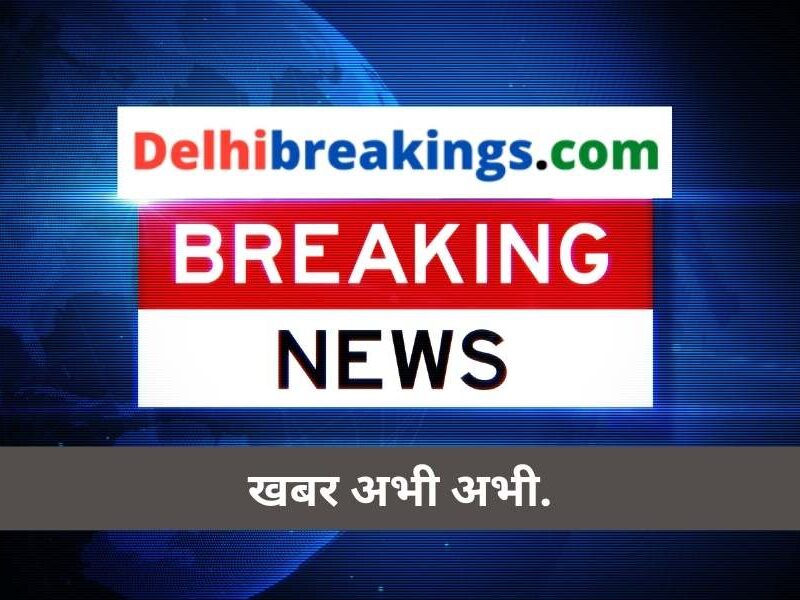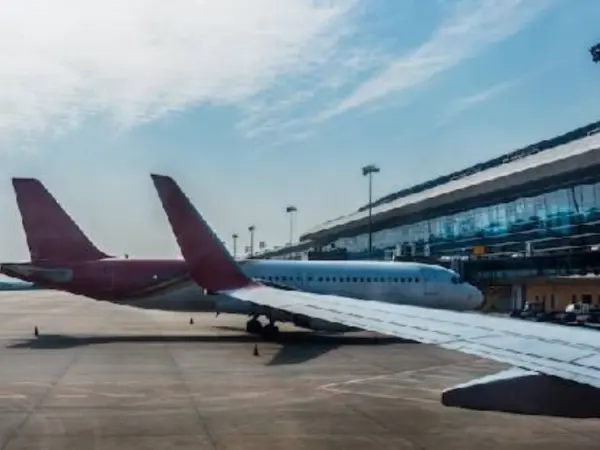The Central Government has made a commendable move by deciding to continue the subsidy of ₹300 per cylinder for beneficiaries of the Pradhan Mantri Ujjwala Yojana (PMUY) for the year 2024-25.
This decision is set to benefit around 10 lakh beneficiaries, ensuring they receive subsidized LPG cylinders, enhancing energy accessibility and supporting household budget management.
Continued Subsidy: A Relief Amidst Rising Costs
In the national capital, the price of an LPG cylinder stands at ₹903, but with the subsidy in place, PMUY beneficiaries will only need to pay ₹603 per cylinder.
This significant price reduction is aimed at easing the financial burden on the economically weaker sections, allowing them to access clean cooking fuel without financial strain. Beneficiaries are entitled to this subsidy for up to 12 cylinders annually, which covers the needs of most households.
Empowering the Northeast: The Unnati Scheme
In addition to the LPG subsidy, the Cabinet has also approved a substantial package of ₹10,037 crores for a new industrial development scheme named ‘Unnati’ for the Northeastern states.
The primary goal of this initiative is to generate beneficial employment, thereby boosting the economic development of the region. This scheme represents a significant step towards enhancing the industrial landscape and creating job opportunities in the Northeast.
Impact and Implications
- Economic Support: The subsidy extension under PMUY is a relief for millions of households, enabling them to manage their cooking fuel needs affordably.
- Health and Environment: Access to subsidized LPG cylinders promotes the use of clean fuel, reducing health hazards associated with traditional cooking fuels and aiding in environmental conservation.
- Boost for the Northeast: The Unnati scheme is set to transform the economic scenario of the Northeastern states, fostering industrial growth and employment.
Looking Ahead
The government’s decision to extend the LPG cylinder subsidy and introduce the Unnati scheme underscores its commitment to inclusive growth and sustainable development. These initiatives are expected to provide substantial relief to the beneficiaries, promote the use of clean energy, and stimulate economic progress in the Northeastern region, aligning with the broader goals of national development and environmental sustainability.




